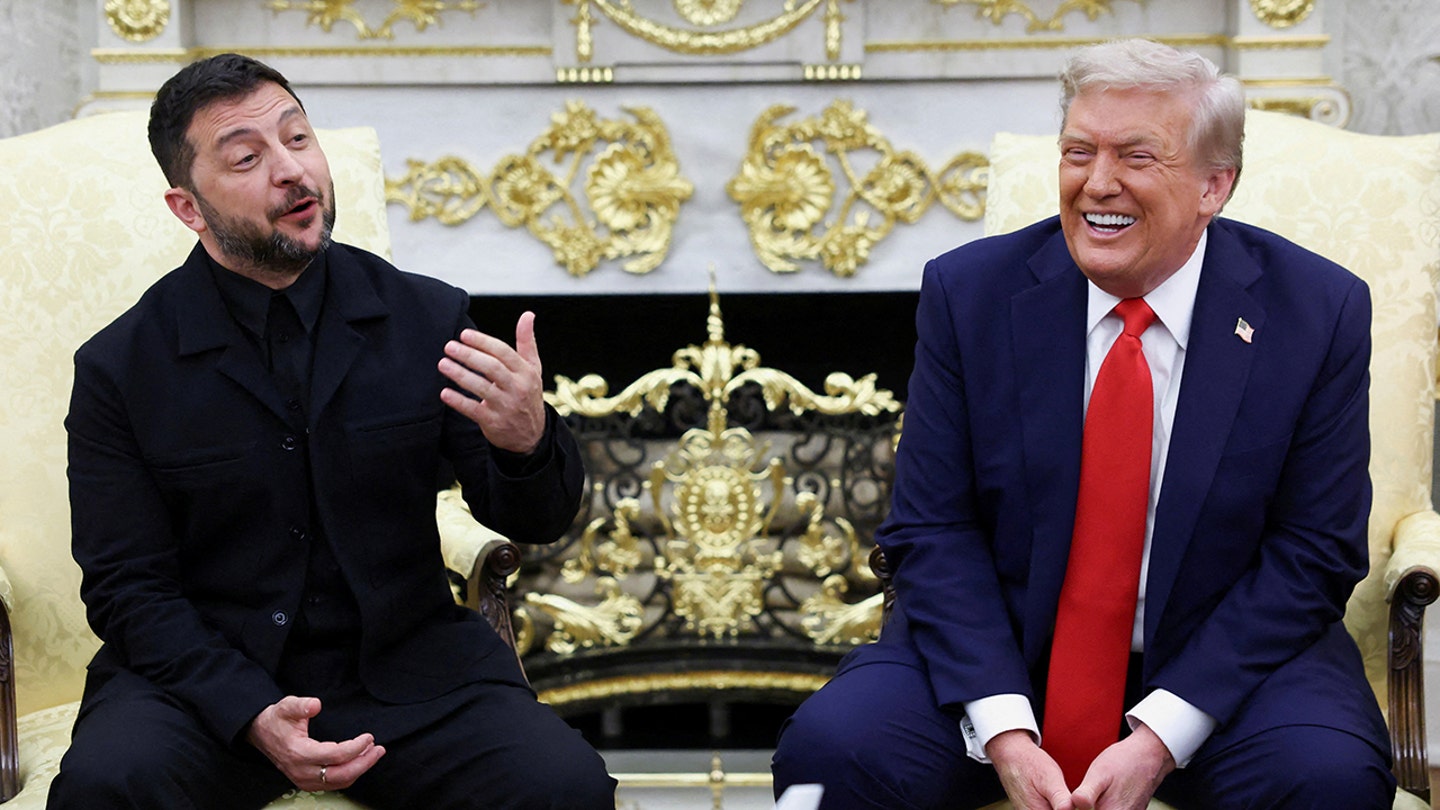Entities mentioned:
- Bill Barr: Duty, Professional pride, Self-preservation
- Jasmine Crockett: Righteousness, Moral outrage, Justice
- Suhas Subramanyam: Righteousness, Justice, Suspicion
- James Comer: Duty, Transparency, Justice
- Donald Trump: Self-preservation, Power, Control
- Jeffrey Epstein: Power, Control, Greed
Article Assessment:
Credibility Score: 75/100
Bias Rating: 55/100 (Center)
Sentiment Score: 40/100
Authoritarianism Risk: 35/100 (Generally Democratic)
Bias Analysis:
The article presents viewpoints from both Democratic and Republican representatives, attempting to balance perspectives. However, there's slightly more detail and space given to Republican viewpoints, particularly Comer's responses to Democratic criticisms.
Key metric: Government Transparency and Accountability
As a social scientist, I analyze that this article highlights the ongoing partisan divide in Congress, even when investigating a bipartisan issue like the Epstein case. The conflicting interpretations of Barr's testimony by Democrats and Republicans demonstrate how political motivations can influence the perception and presentation of information. This impacts government transparency and accountability by potentially obscuring the truth behind partisan rhetoric. The investigation's effectiveness may be compromised by political posturing, affecting public trust in governmental processes. The article also underscores the challenges in conducting impartial investigations when high-profile political figures are involved, potentially influencing the depth and direction of the inquiry.











